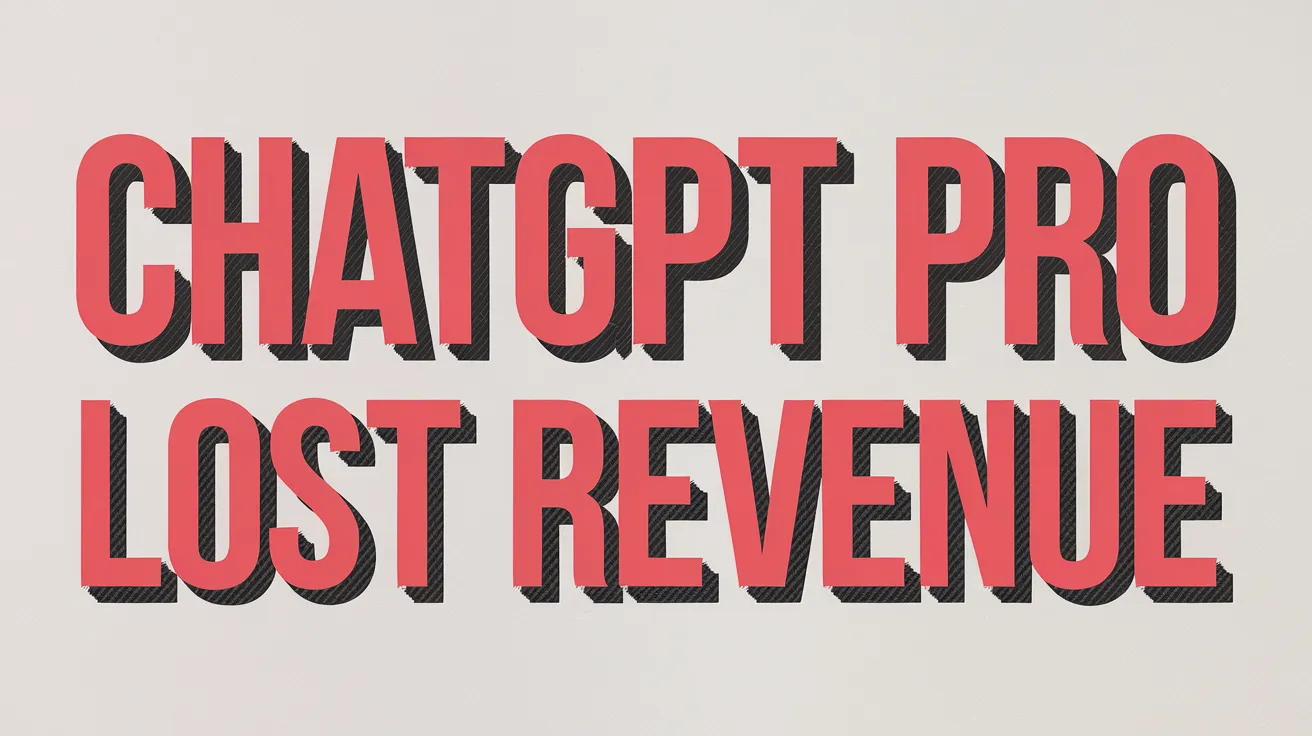OpenAI’s ChatGPT Pro Faces Financial Struggles

OpenAI is grappling with unexpected financial challenges related to its $200-per-month ChatGPT Pro plan. According to CEO Sam Altman, the company is currently experiencing losses because users are utilizing the service far more than anticipated.
Altman shared insights through a series of posts on X, noting, “I personally chose the price and thought we would make some money.” This admission underscores the difficulty in establishing a pricing strategy that accurately reflects usage and operational costs.
Launched late last year, ChatGPT Pro offers access to an upgraded version of OpenAI’s o1 “reasoning” AI model, referred to as o1 pro mode, and removes limits on several other tools, such as the Sora video generator. However, at a yearly price of $2,400, the perceived value of o1 pro mode remains ambiguous, which might have contributed to the economic strain faced by the company.
The pricing strategy for the ChatGPT Pro plan has not always been meticulously developed. Altman admitted in a previous Bloomberg interview that the initial pricing for the original ChatGPT’s premium plan lacked thorough market analysis, settling on a price of $20 after informal testing of options like $20 and $42.
Despite having secured around $20 billion in funding since its inception, OpenAI struggles with profitability. Estimates indicate that the company encountered losses near $5 billion against revenues of approximately $3.7 billion last year alone. The significant operational costs tied to staffing, office space, and AI training infrastructure contribute to its financial strain, with expenses for ChatGPT reportedly reaching $700,000 daily.
In light of these circumstances, OpenAI has acknowledged the need for greater capital than initially projected. This realization has led to plans for corporate restructuring aimed at attracting new investments. To recover financially, the company is contemplating raising the prices of its various subscription services and hinted at the possibility of implementing usage-based pricing for certain features.
Looking forward, OpenAI remains optimistic about its revenue projections, envisioning earnings of $11.6 billion for the current year and aiming for $100 billion by 2029, which would rival the annual sales figures of established companies like Nestlé.